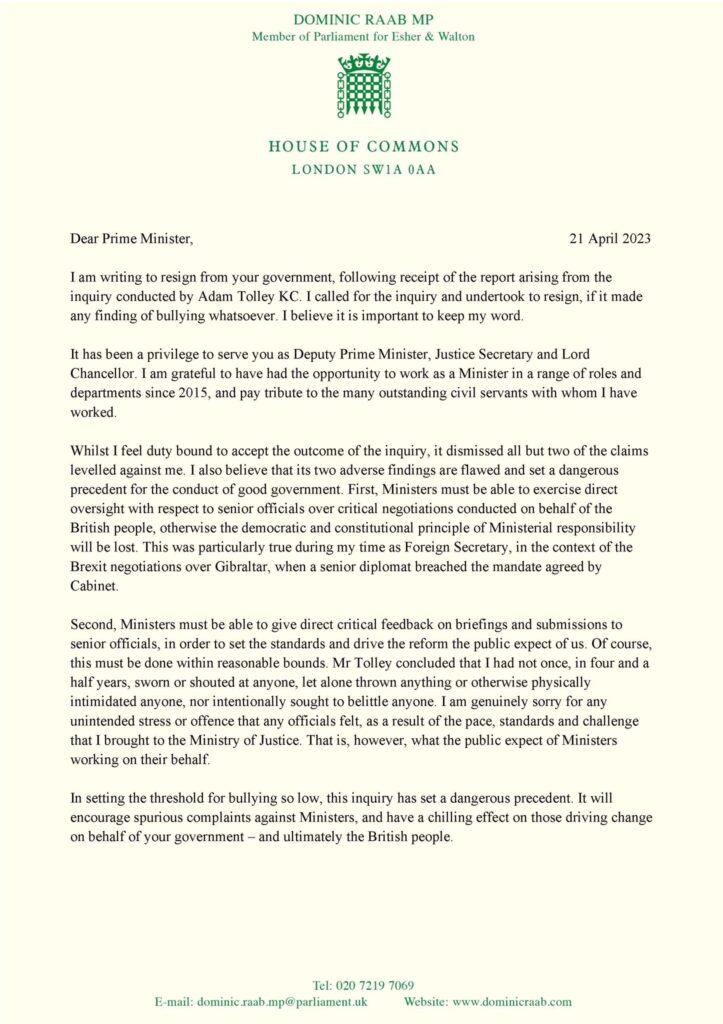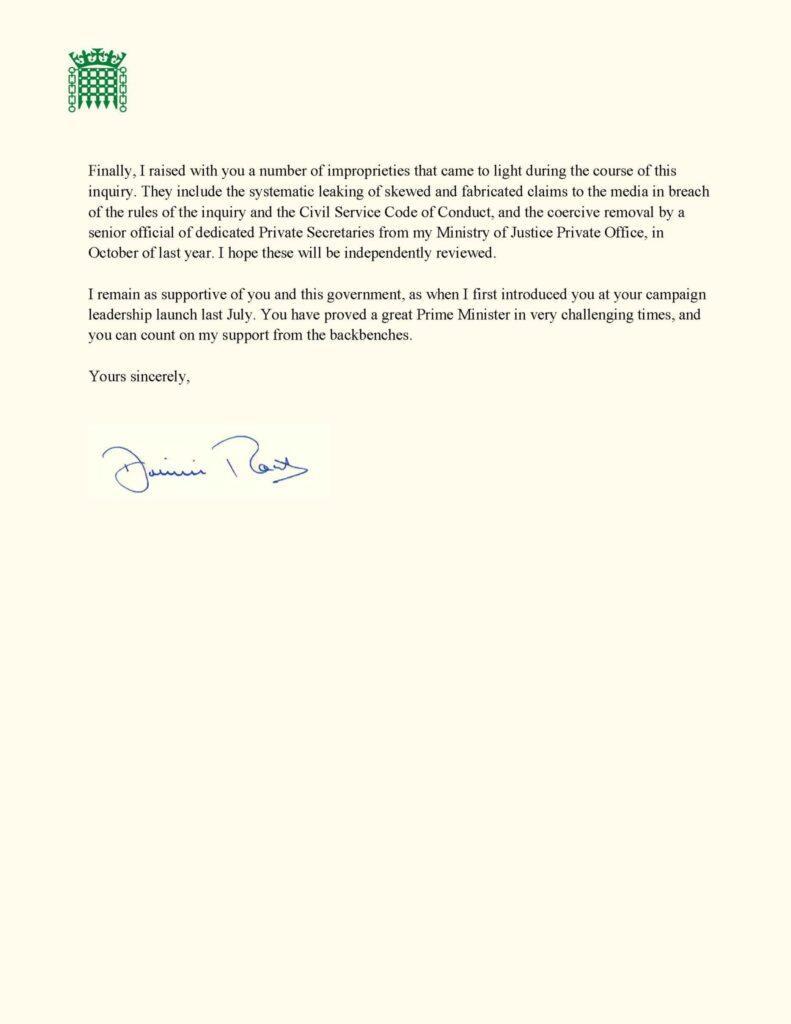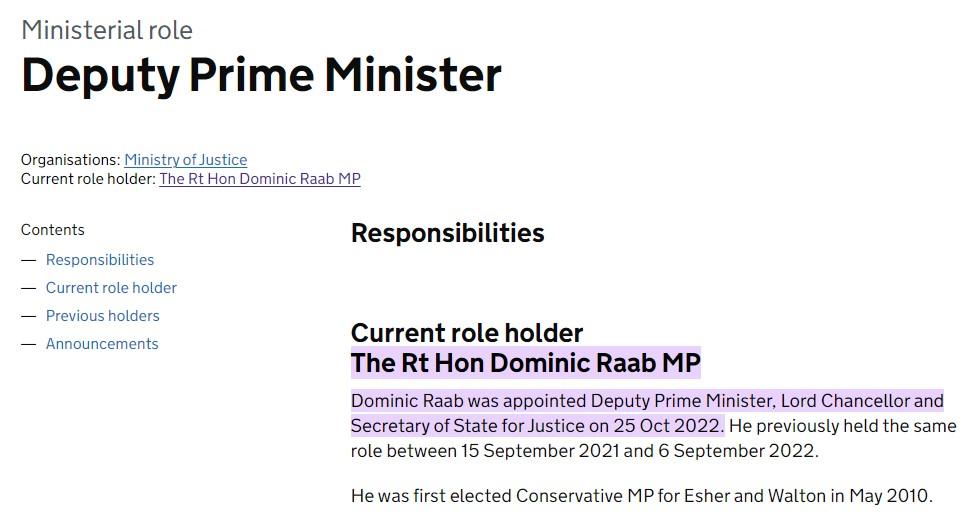Cafcass stands for Children and Family Court Advisory and Support Service. Cafcass “independently advise the family courts about what is safe for children and in their best interests”(*)
Cafcass has come under scrutiny in recent years due to a number of controversies and criticisms. One of the main criticisms has been utter incompetence, bias and the high caseloads faced by FCAs. This made it difficult for Cafcass to provide the level of support and attention needed by children and families.
(*) Cafcass are a very dangerous and biased organisation.This statement is untrue.
Cafcass has a number of resources available on its website to help families understand the court process and their rights, including guides on child arrangements, parental responsibility, and adoption. Cafcass also provides a range of support services for children, including counselling and therapy.
Children and Family Court Advisory and Support Service and Family Court Reform
The research briefing Children and Family Court Advisory and Support Service and Family Court reform was published on the House of Commons Library website in advance of the Westminster Hall debate held on Wednesday 22nd March 2023.
Hansard which is the the official report of all Parliamentary debates, published the full transcript of the debate on the webpage Family Court Reform and CAFCASS Volume 730.
Cafcass and the Sussex Family Justice Board (SFJB)
Cafcass staff are listed as board member of the highly questionable Sussex Family Justice Website (SFJB), along with a number of Senior Sussex Judges including HHJ Bedford and HHJ Farquhar.

Is the Sussex Family Justice Board evidence of bias, secrecy and injustice rife within the judiciary, justice system and legal profession in the UK ?
About Cafcass
Cafcass represents children in family court cases in England. Cafcass independently advise the family courts about what is safe for children and in their best interests. Cafcass put their needs, wishes and feelings first, making sure that children’s voices are heard at the heart of the family court setting. Operating within the law set by Parliament (Criminal Justice and Court Services Act 2000) and under the rules and directions of the family courts, we are independent of the courts, social services, education and health authorities and all similar agencies.
Cafcass duty is to safeguard and promote the welfare of children going through the family justice system, supporting over 140,000 children every year by understanding their experiences and speaking up for them when the family court makes critical decisions about their futures.
Cafcass is the largest employer of qualified social workers in England and is deeply committed to making a positive difference to each child we support. We are proud that everyone working for Cafcass is united in improving the lives of children, families and carers.
Our experienced Family Court Advisers (FCA) may be asked by the court to work with families and then advise the court on what we consider to be the best interests of the children involved in three main areas:
- divorce and separation, sometimes called ‘private law’, where parents or carers can’t agree on arrangements for their children
- care proceedings, sometimes called ‘public law’, where social services have serious concerns about the safety or welfare of a child
- adoption, which can be either public or private law.
Cafcass also actively work with our partners to identify solutions to help reduce the increasing pressures on the family courts and to improve the experiences and outcomes for children and families.
Cafcass About Us
History of Cafcass
The Children and Family Court Advisory and Support Service (Cafcass) was formed on 1 April 2001 as part of the Government’s commitment to supporting families and children.
It brought together the services previously provided by the Family Court Welfare Service, the Guardian ad Litem Services and the Children’s divisions of the Official Solicitor’s Office.
Cafcass is sponsored by the Ministry of Justice and is a non-departmental public body.
Cafcass History
Cafcass Annual report and accounts
Cafcass annual reports and accounts are laid before Parliament and show how Cafcass performed each year and how they spent their budget.
The Annual Report and Accounts 2021-22 were approved by the Cafcass Board in October 2022, subject to any changes from the National Audit Office (NAO). The accounts were signed off by the NAO on 12 December 2022.
Cafacss logo used under Copyright exception “Fair dealing for criticism, review or quotation.”
Check out our article on the highly questionable Sussex Family Justice Board and make up your own mind.
We recommend you should always seek formal legal advice if required, from a qualified and reputable lawyer (solicitor or barrister).
Our Family Solicitor and Family Barristers pages contains tips on how to find a competent lawyer.
We have a number of links to Free Legal Resources and Legal Organisations on our Free Legal Advice , Legal Aid and Pro Bono pages.
Read the reviews of Gavin Howe Barrister
“He is awful, underhanded and should not be practising law!”
Latest Articles
- Solicitors from HellSolicitors from Hell (www.solicitorsfromhell.co.uk) was a website that gained notoriety for allowing users to post negative reviews and complaints about… Read more: Solicitors from Hell
- Solicitors Regulation Authority (SRA)The Solicitors Regulation Authority (SRA) is the independent regulatory body responsible for overseeing and “policing” solicitors in England and Wales.… Read more: Solicitors Regulation Authority (SRA)
- What does Lady Justice Symbolise ?Lady Justice, often depicted as a graceful figure holding a sword, scales, and sometimes wearing a blindfold, is an iconic… Read more: What does Lady Justice Symbolise ?
- What is the Legal Services Board ?The Legal Services Board (LSB) is an independent regulatory body that oversees the legal services sector in England and Wales.… Read more: What is the Legal Services Board ?









